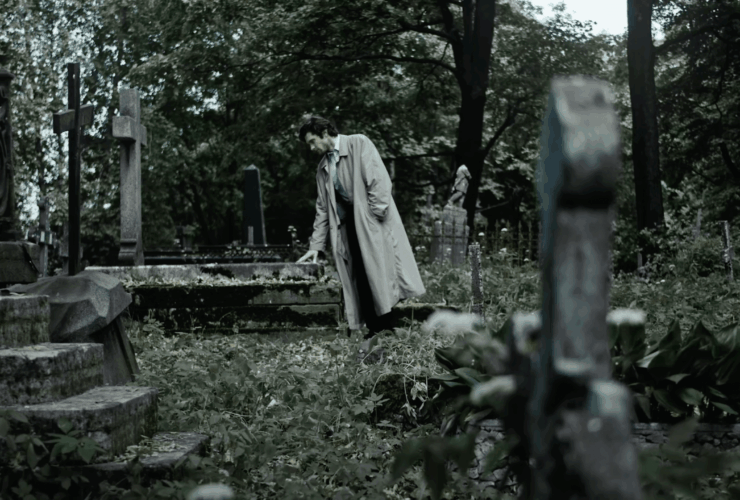It was approximately 2000 B.C. and the man, Job,[1] had the picture-perfect life. He lived in the land of Uz[2] and was extremely wealthy, wise, and blessed with his wife and ten children. He had great possessions. Namely, “seven thousand sheep, three thousand camels, five hundred yoke of oxen, five hundred female donkeys, and a very large household.” He was considered, “the greatest of all the people of the East” (Job 1:3) and was extremely devout to God.
Satan, however, was not impressed in the least. When God asks the fallen one to consider His servant Job who is blameless and upright, and who “fears God and shuns evil,” Satan (or the “accuser” in Hebrew) accuses the man of God of having conditional love and loyalty to the Lord. “Does Job fear God for nothing?” he asks, “Have You not made a hedge around him, around his household, and around all that he has on every side? You have blessed the work of his hands, and his possessions have increased in the land. But now, stretch out Your hand and touch all that he has, and he will surely curse You to Your face!” (Job 1:9-11).
“Naked I came from my mother’s womb, and naked shall I return. The Lord gave, and the Lord has taken away; blessed be the name of the Lord.”
Job 1:21
Although Job is completely unaware of this otherworldly conversation, God takes Satan up on his challenge and allows him to plunder, kill, and destroy—though he is strictly forbidden from taking Job’s life. Satan wastes no time. In a matter of moments Job loses everything but his life and his wife. Messengers come in rapid succession to inform him of his losses: “Sabean raiders have stolen all of your oxen and donkeys and killed the workers…Fire from heaven has consumed your sheep and servants…Chaldeans have come and taken your camels and murdered your servants…Your sons and daughters were eating and drinking wine in their oldest brother’s house, and suddenly a great wind came…and struck the four corners of the house, and it fell on the young people, and they are dead.” (Job 1:13-18).
Job’s response is most starling. He tears his clothes, shaves his head and falls to the ground to worship God. He proclaims, “Naked I came from my mother’s womb, And naked shall I return there. The Lord gave, and the Lord has taken away; Blessed be the name of the Lord.” (Job 1:21). Satan, however, is still not satisfied. “Take away his health,” he says to God, “and Job will curse you to Your face!” (Job 2:4-5). When Job is struck with boils, his wife, enraged, says, “Do you still hold fast to your integrity? Curse God and die!” (V.9). Job’s friends were of no help either since they believed that he had done something to deserve divine punishment. Though Job grew increasingly impatient with God he still remained faithful despite Satan’s best attempts to destroy that faith.
In the end, God rebuked Job’s friends and restored everything Job had lost. In fact, He gave him twice what he had before. So, “the LORD blessed the latter days of Job more than his beginning” and after this he lived, “one hundred and forty years, and saw his children and grandchildren for four generations.” (Job 42:12,16).

Ryan Hembree is a daily co-host, speaker, and writer of Bible Discovery. He also hosts a YouTube channel that shows the unity of the Bible and how science and Scripture fit together. Ryan also has an honorary Masters of Ministry in Creation Science from Phoenix University of Theology.
[1] The meaning of the name is unknown. According to Crossway’s ESV Study Bible, “Etymologically the name Job could be related to the Hebrew word for “enemy,” with reference to either Job’s attitude to God or his response to suffering. The name might also be a contracted form of “Where is my father?” But it is difficult to know, because its actual meaning was already lost to the earliest rabbinic commentators. However, the name is known outside the Bible. It is the name of the prince of Ashtaroth in Bashan in the Amarna tablets (c. 1350 B.C.), and the name of a Palestinian chief in an Egyptian text (c. 2000 B.C.). At Ugarit a version of the name appears in a list of palace personnel.”
[2] The exact location of Uz eludes archaeologists. It’s mentioned only two other times in the Bible (Jer. 25:20; Lam. 4:21) however, it may have been east of the Jordan River in the Arabian desert.






